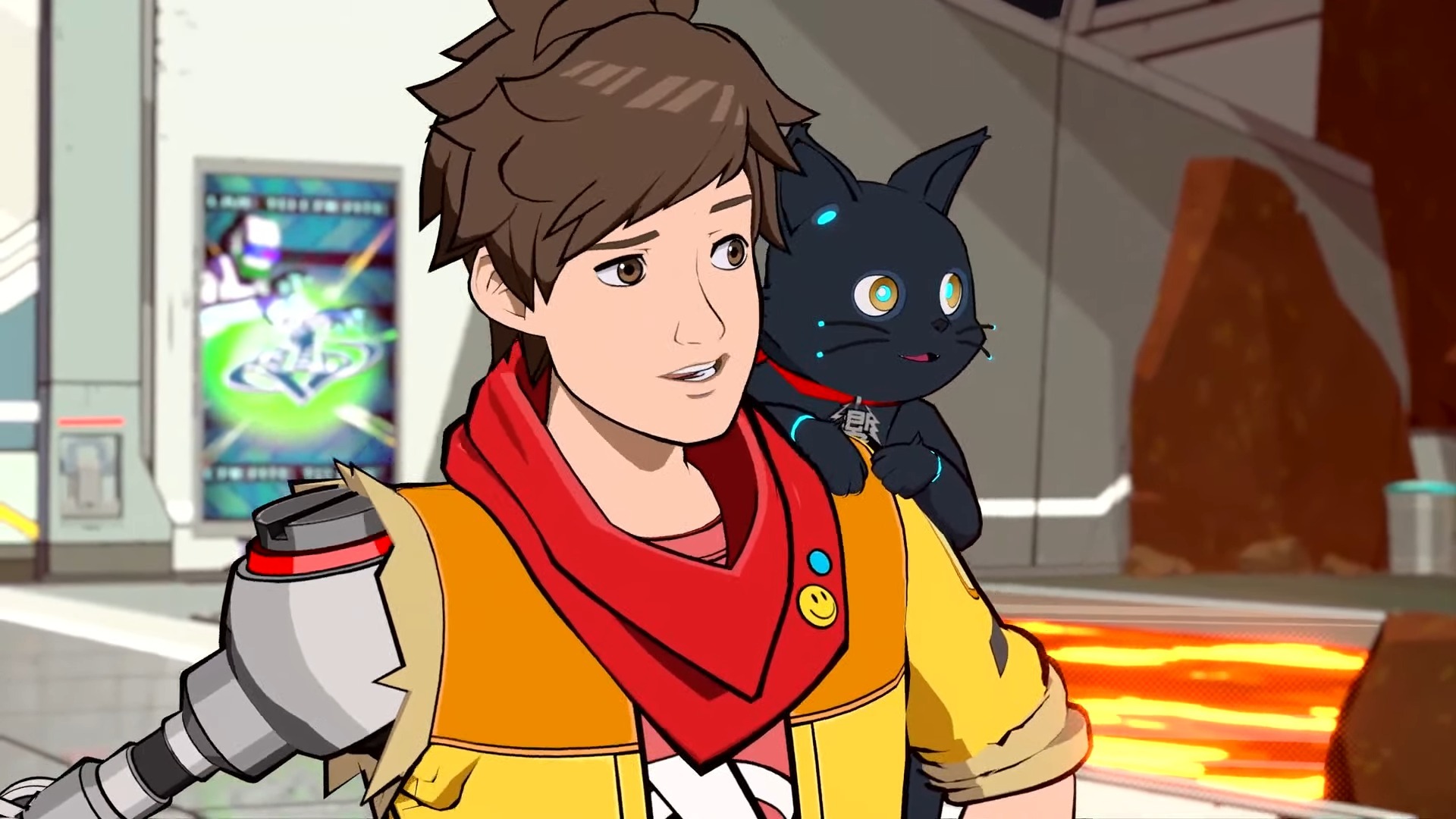
Microsoft shut down the widely admired studios behind Hi-Fi Rush and Prey earlier this week, but when asked about the closures, Xbox president Sarah Bond gave a nondescript response that success for each game "is really unique."
During the Bloomberg Tech conference in San Francisco, Bond was questioned about why a successful game can't ensure a team's survival at the company. Tango Gameworks released the rhythm action joyride Hi-Fi Rush last year, scooped up several awards, and by Microsoft's own admission, created a "breakout hit" on all fronts. Tango was axed along with three other studios regardless.
"One of the things I really love about the games industry is it's a creative art form, and it means that the situation and what success is for each game and studio is really unique," Bond says. "There's no one size fits all for us. And so, we look at each studio, each game team, and we look at a whole variety of factors when we're faced with making decisions and tradeoffs like that."
Xbox's messaging when hoovering up a laundry list of developers was that all these studios would feed its subscription service Xbox Game Pass, and in return, more niche romps like Hi-Fi Rush could have breathing room. Not every game would need to sell like hotcakes to be deemed valuable as long as they kept people glued to the service, but subscription revenue has barely gone up these last two years and Microsoft is reacting hastily.
The Xbox president also painted the closures as a necessary measure "to make sure that the business is healthy for the long term… it all comes back to our long-term commitment to the games we create, the devices we build, the services, and ensuring that we're setting ourselves up to be able to deliver on these promises."
Xbox Game Studios boss Matt Booty said the cuts were made so the company could focus on a "reprioritization" for the company's "high-impact titles" - and in a later town hall meeting, he also expressed that the company needed "smaller games that give us prestige and awards"... like Hi-Fi Rush?
Microsoft made similar cutbacks earlier this year when it laid off around 1,900 employees in its gaming division, mostly from its newly acquired Activision Blizzard. That $69 billion buyout has probably recontextualized what success means for an Xbox game. The pitched Hi-Fi Rush sequel could have done wonders for the ecosystem - just look at the way Uncharted and Zelda leaped in popularity between entries - but next to a Call of Duty skin pack, it probably doesn't satisfy shareholder demands.
Hi-Fi Rush fans mourn studio closure despite critical acclaim: “What hope is there for anyone?”







